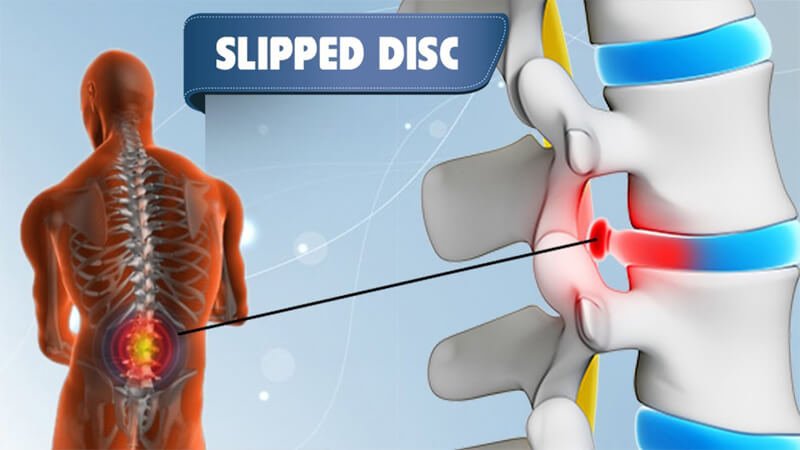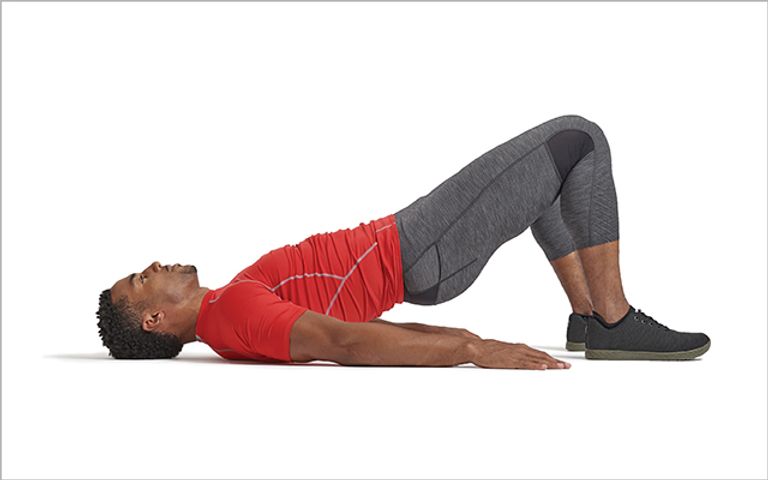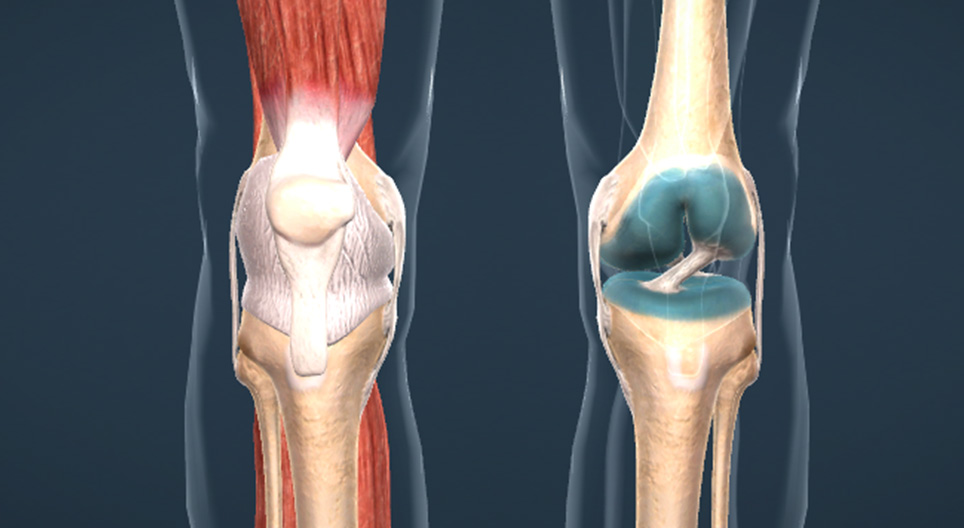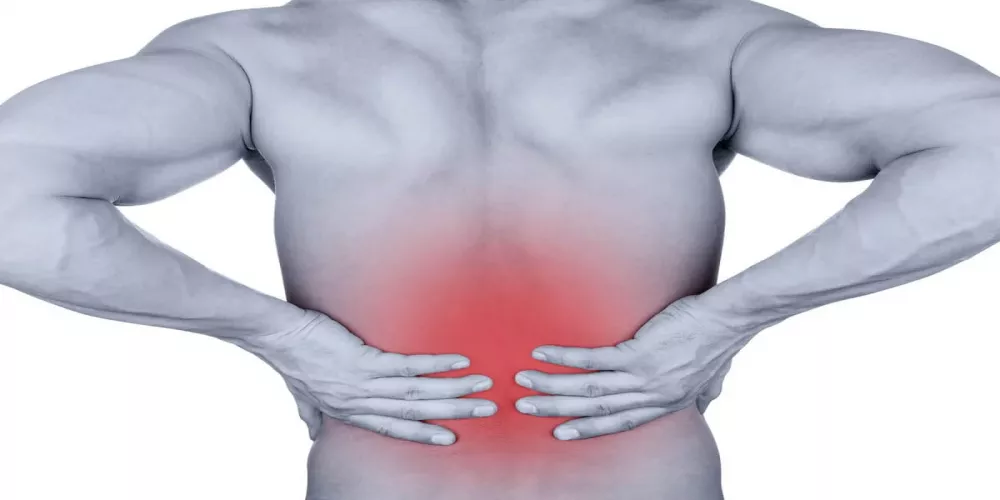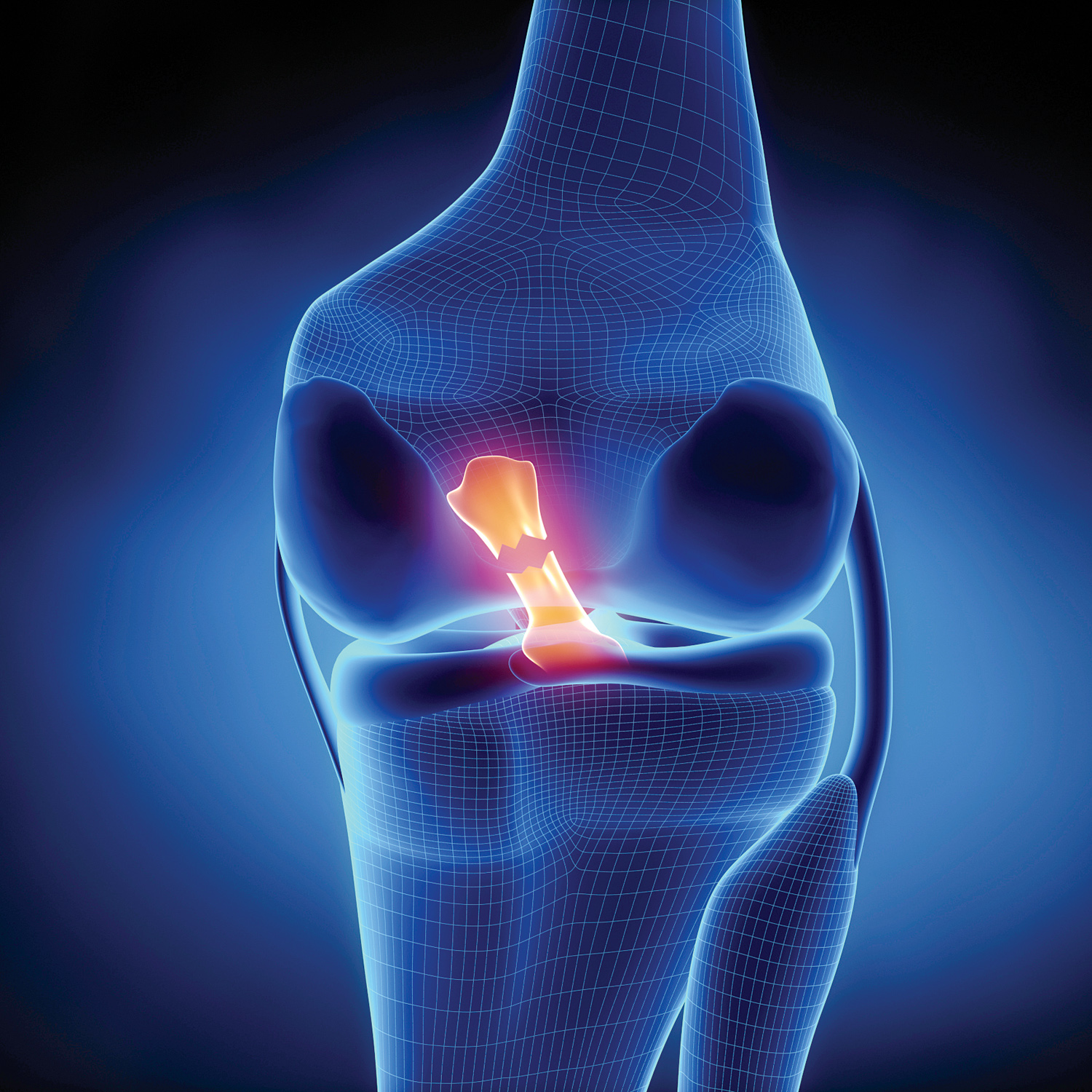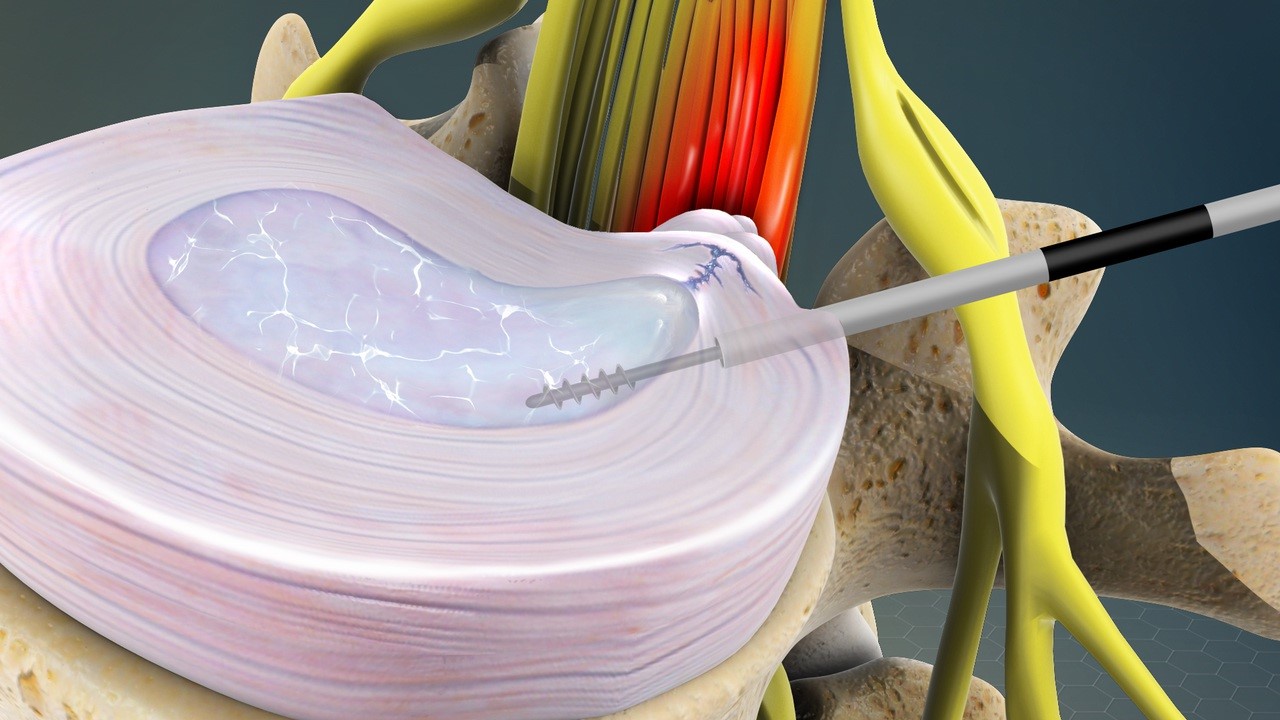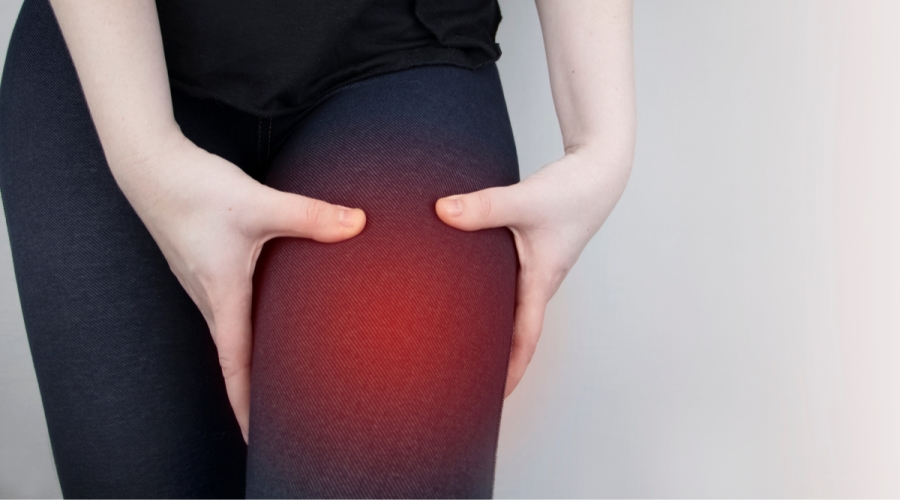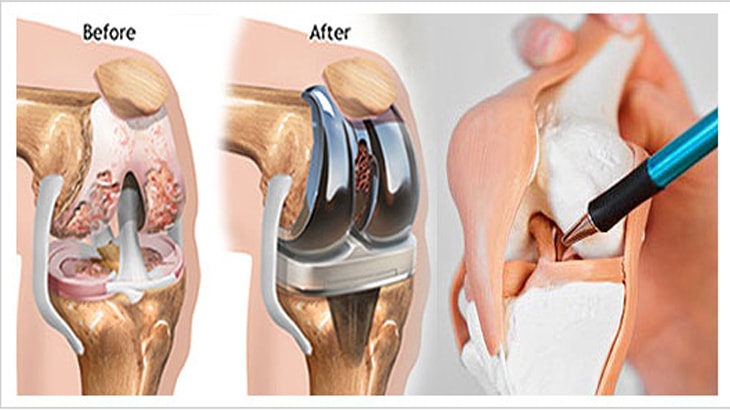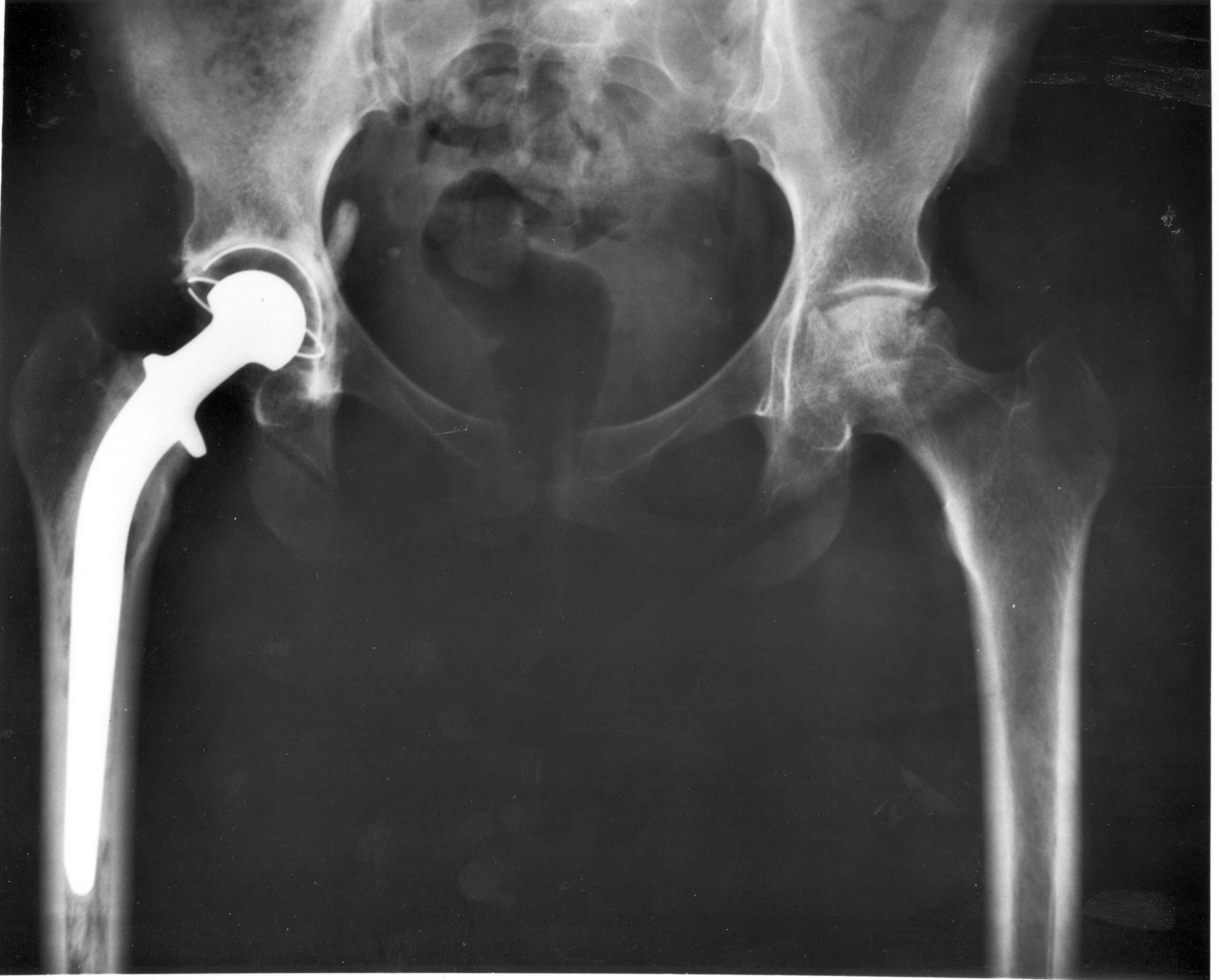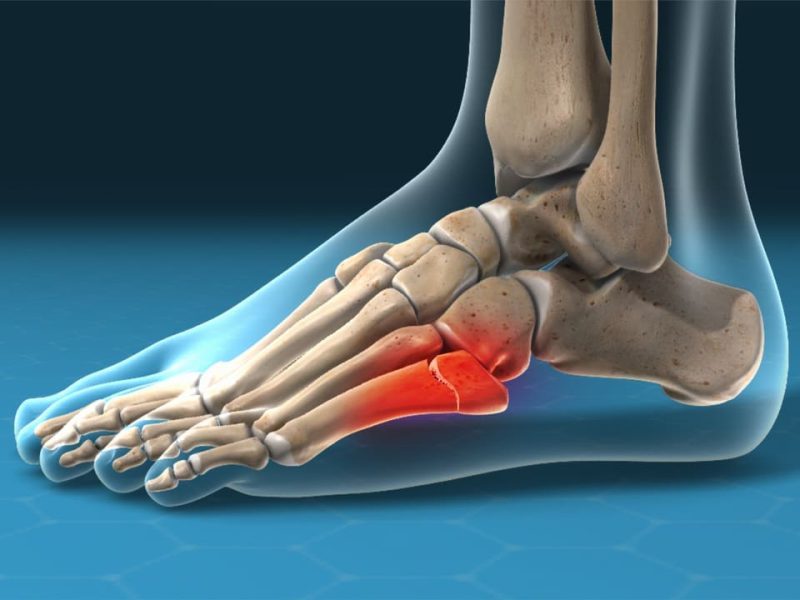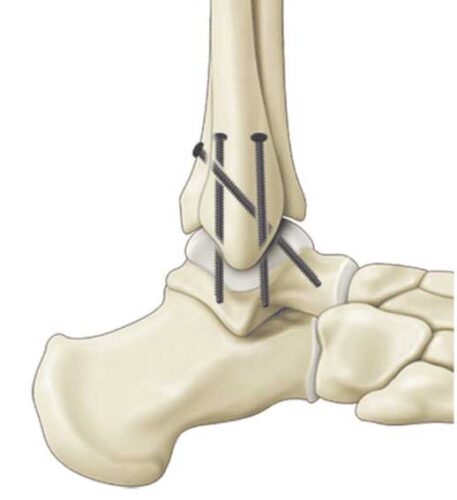Exercises to Relieve Neck Tension and How to Treat Neck Spasms Naturally and Quickly
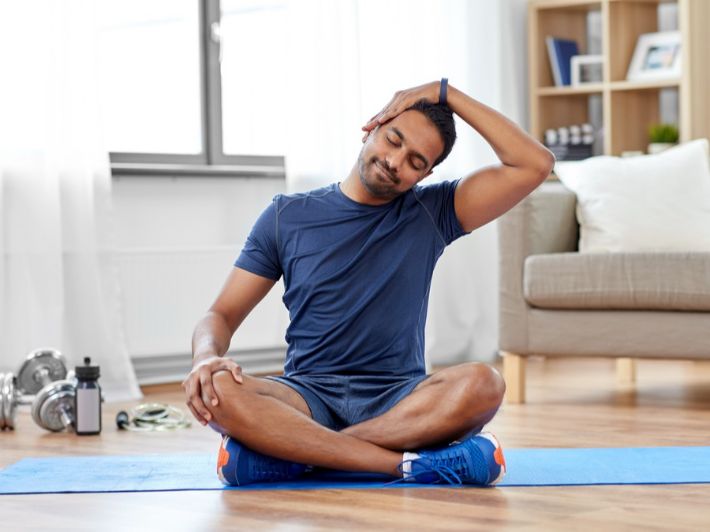
Exercises to Relieve Neck Tension
Many people suffer from muscle tension in the neck area due to long hours spent in front of computers or excessive smartphone use. This tension can lead to neck pain and difficulty in head movement. However, there’s no need to worry because there are some simple exercises you can do to relieve muscle tension in the neck area and improve its flexibility. Here is a list of the best neck relaxation exercises that you can incorporate into your daily routine:
- “Neck Forward Stretch”:
- Stand in front of a mirror with your feet shoulder-width apart and place your left hand on your head.
- Tilt your head gently to the left.
- Use your hand to pull your head gently until you feel a stretch in the neck muscles.
- Hold the position for 15-20 seconds and then repeat on the other side.
- “Side Tilt”:
- Stand with your feet shoulder-width apart and extend your right hand upward above your head.
- Tilt your head to the left side until you feel a stretch on the right side of your neck.
- Hold the position for 15-20 seconds and then repeat on the other side.
- “Neck Massage”:
- Place a chair in a comfortable position and use your index and thumb fingers to grasp the end of your head.
- Gently massage the end of your head in small circular motions for 2-3 minutes.
- Slide your remaining fingers gently down the neck and massage the entire area under the head to relieve tension.
- “Side Stretching Exercises”:
- Stand in front of a mirror and gradually lift your right shoulder towards your ear until you feel a stretch on the left side of your neck.
- Hold the position for 15-20 seconds and then repeat on the other side.
- “Rotation Exercise”:
- Sit on a chair and face forward.
- Look behind you by gradually rotating your head to the right, then to the left.
- Repeat this movement 10 times in each direction.
Practice these exercises regularly and gently, and always consult with your healthcare provider, especially if you have any pre-existing neck issues. Maintaining a flexible and tension-free neck will help you in your daily activities and improve your posture.
How to Treat Neck Spasms Naturally and Quickly
Neck spasms can be an uncomfortable and painful experience. Excessive stress, prolonged sitting, or a minor injury can lead to muscle spasms. If you are suffering from neck spasms and looking for natural ways to relieve pain and regain mobility, here are some tips:
- Local Heat Application: Use a hot towel or a warm compress to apply heat to the affected area. Apply it for 15-20 minutes on the neck. Heat may help reduce muscle tension and relax the muscles.
- Stretching Exercises: Perform neck stretching exercises to alleviate spasms. An example is tilting your head slowly to the right and then gradually returning to the original position, then repeating the movement to the left. Perform these exercises slowly for 5-10 minutes daily.
- Self-Massage: Try gently massaging the neck using your fingertips or a massage ball. Massage the affected area in small circular motions for 5-10 minutes a day. These techniques can help reduce muscle tension and increase blood circulation.
- Rest and Warmth: Avoid activities that increase neck pressure and lead to more spasms. Use a soft cushion to support your head while sitting and use a comfortable pillow when sleeping. Rest and warmth can help soothe the muscles and alleviate pain.
- Light Load: When carrying heavy objects, try to distribute the load evenly on both sides and use gravity supports. Reducing the load may help decrease pressure on the neck muscles and minimize spasms.
These natural approaches can be effective in relieving neck spasms, but if your symptoms persist or worsen, it’s essential to consult a healthcare professional for a proper evaluation and treatment plan.
What Is Natural Neck Therapy?
Are you suffering from neck pain? Natural therapy may be the ideal solution for alleviating symptoms and improving the health of your neck. In this article, we will take a look at some beneficial natural methods for treating neck pain.
Neck Exercises: Neck exercises are considered one of the best ways to relieve pain and strengthen neck muscles. You can perform simple exercises such as head rotation, side tilting, and gentle head rolling. Be sure to stretch and strengthen the muscles gently without causing additional strain.
Heat and Cold: Regularly use heat and cold on the neck area to relieve pain and soothe it. You can use a heating pad to apply heat or apply a cold pack wrapped in a towel in gentle circular motions.
Massage: Massage is one of the best natural treatments for the neck. You can use olive oil or lavender oil to gently massage your neck. Massage the tense muscles and painful areas using small circular motions and light pressure to promote tension relief and improve blood circulation.
Relaxation Exercise: Try practicing relaxation exercises to calm neck muscles and reduce tension. Sit in a quiet place and take deep breaths. Slowly start tensing your muscles starting from your feet until the tension reaches your neck muscles. Relax with each breath and gradually release tension from your body.
Natural Anti-Inflammatories: Some natural substances have anti-inflammatory properties that can help alleviate neck pain. Examples include ginger oil, clove oil, olive oil, and lavender oil. You can use these anti-inflammatory oils to massage your neck or add them to a warm bath to achieve their soothing and relaxing effects.
How to massage the neck?
The neck is one of the most affected areas by tension and stress, so neck massage can be an effective way to relieve spasms and reduce pain. If you are experiencing neck pain or feeling tense and stressed in this area, here are some tips for massaging the neck correctly:
Proper Setup: Prepare a quiet and comfortable place to sit or lie down. Use a comfortable pillow that supports the neck and shoulders.
Relaxation: Activate the parasympathetic nervous system by practicing deep and slow breathing. Close your eyes and avoid thinking about disturbing things.
Neck Stretching: Start by gently stretching the neck, shrug your shoulders, and take a deep breath. Tilt your head slowly forward until you feel a stretch in the neck. Hold this position for a few seconds before returning to the normal position. Repeat the movement and tilt your head to the left and then to the right.
Neck Massage Using Fingers: Use your fingertips to gently and slowly massage the neck by moving around the muscles. Massage the muscles with upward and downward motions.
Neck Massage Using Palms: Place the palm of your hand on the side of your neck and gently massage it in a circular motion to relieve tension. Use your other hand to apply the necessary pressure as desired.
Neck Massage Using a Ball: Place a small massage ball (like a tennis ball) between your neck and a wall or a flat surface. Gently move your head from side to side to massage the neck using the ball.
Neck Massage Using Aromatic Oils: Try using aromatic oils such as lavender oil or peppermint oil for neck massage. Gently massage the oils and rub them in circular motions around the muscles.
By following these techniques, you can effectively massage your neck to relieve tension and promote relaxation.
What Causes Neck Nerve Tightness?
If you are experiencing nerve tightness in the neck, you are not alone. Neck nerve tightness is a common issue that many people around the world face. But what is the cause of this problem, and how can it be dealt with?
Neck nerve tightness results from irritation or compression of the nerves in the neck area. These nerves can become irritated due to several possible reasons, including:
- Injuries and Strains: Neck injuries or strains can occur due to accidents, sports-related injuries, or even prolonged stress on the muscles and tendons in the neck. This strain can lead to swelling and inflammation of the nerves, resulting in nerve tightness.
- Muscle Spasms: Excessive muscle spasms in the neck can put pressure on the surrounding nerves, leading to nerve tightness. These muscle spasms can be a result of psychological or physical stress or sitting for extended periods in front of a computer in an improper posture.
- Chronic Conditions: Some chronic conditions like arthritis, migraines, and muscle inflammation can cause neck pain and muscle tightness that can lead to nerve tightness.
To deal with neck nerve tightness, you can take preventive and treatment measures. These may include:
- Using Heat and Cold: Localized heat can help relieve tension and muscle spasms, while cold packs can reduce potential inflammation in the nerves.
- Regular Exercise and Stretching: Engaging in regular neck exercises and stretching routines can help strengthen the muscles and improve their endurance, reducing the chances of nerve tightness.
- Massage and Physical Therapy: Massage and physical therapy can be effective in relieving tension and muscle tightness in the neck.
- Stress and Tension Management: It’s essential to reduce psychological and physical stress, as they contribute to nerve tightness.
If neck nerve tightness persists and leads to chronic pain or significantly impacts your daily life, it’s advisable to consult a specialist for an accurate diagnosis and appropriate treatment. The doctor may recommend additional treatments such as stronger pain relievers or intensive physical therapy if the condition warrants it.
The duration of recovery from neck muscle tightness can vary widely depending on individual factors. In general, recovery from neck muscle tightness may take anywhere from a few days to several weeks. However, this timeline depends on factors such as the severity of the injury and the individual’s overall health. You may begin to feel gradual improvement in the first few days of recovery, with reduced pain, swelling, and improved neck mobility.
To expedite the recovery process, it’s recommended to follow preventive measures and limit activities that exacerbate pain and tension in the neck. Applying cold packs to the affected area for pain and inflammation relief can be beneficial. Over-the-counter pain relievers prescribed by your doctor can also help alleviate pain and reduce inflammation.
Additionally, physical therapy sessions can be helpful in addressing neck muscle tightness. Physical therapy typically includes exercises to strengthen the muscles surrounding the neck, muscle stretching exercises, and techniques to enhance muscle flexibility. Massage and alternative therapies, such as heat therapy or tension-relieving techniques, may also play a role in pain relief and healing.
If your pain persists or does not improve after a period of self-care and home treatment, it is advisable to consult a healthcare professional for a thorough evaluation and appropriate treatment. Your doctor can guide you towards additional treatments or therapies if necessary, based on your specific condition. Over time, with proper neck care, neck muscle tightness can improve and gradually resolve. Remember that your primary goal is to maintain the health of your neck and avoid incorrect practices that can lead to muscle tightness, such as heavy lifting and improper posture. Engaging in regular exercise and maintaining proper body posture can also help reduce the risk of neck muscle tightness.
How Long Can Neck Spasms Last?
Neck spasms are a common condition experienced by many people at different times in their lives. They can be caused by muscle tension, sports injuries, improper sleeping positions, or any other type of physical or psychological stress. Neck spasms can occur temporarily and last for a few minutes or hours, and they may subside once the underlying stressor is relieved. However, in some cases, neck spasms can persist for a longer duration.
The duration of neck spasms can depend on several factors, including the cause of the event and how it interferes with the natural movement of muscles and nerves in the neck. In some cases, neck spasms may last for several weeks, and in rare instances, they may persist for several months or even years. It’s important to understand that sometimes recurring neck spasms can occur due to an ongoing issue in the anatomical structure of the neck or a disruption in the nervous system.
To alleviate neck spasms and improve the condition, it’s recommended to take preventive and treatment measures. From a preventive standpoint, paying attention to proper sitting or standing posture, practicing muscle relaxation techniques, and avoiding heavy lifting and excessive neck movements are essential. Gentle neck massages may also help in relieving tension.
If neck spasms persist and cause ongoing pain and interference in your daily life, it’s advisable to consult a doctor. The doctor may recommend a comprehensive examination to identify the potential cause and provide appropriate treatment. This may include taking anti-inflammatory medications, physical therapy, or, in more complex cases, surgery may be necessary.
What Causes Neck and Shoulder Pain from the Back?
If you are experiencing pain in the back of your neck and shoulders, there can be several reasons and possibilities for these symptoms. Among the most common causes is everyday muscle tension resulting from long hours of sitting at your desk or in front of a computer. Additionally, sitting in an uncomfortable posture and lacking adequate back and neck support can be another cause of the pain in this area.
Neck pain can also result from muscle tension and muscle contractions in the neck and shoulder region. Psychological and emotional stress can contribute to the appearance of these complaints. When a person experiences stress, the body’s muscles, including those in the neck, tend to contract, putting pressure on the nerves and tissues in the neck and shoulders.
Furthermore, there are physical causes that can lead to neck and shoulder pain. Sitting in an uncomfortable position for an extended period or sleeping on improper pillows can be a cause. Lifting heavy weights incorrectly or performing sports exercises improperly can also lead to neck and shoulder pain.
Issues with the spinal column can also cause neck and shoulder pain. There may be a herniated disc in the neck or degeneration of the cervical vertebrae, leading to pressure on the nerves and resulting in pain. Additionally, conditions such as arthritis, muscle spasms, or tendonitis in the neck or shoulders are known causes of these symptoms.
Does Psychological Stress Cause Neck Pain?
The neck is one of the essential parts of the human body, consisting of a combination of bones, muscles, and tendons that play a vital role in moving and supporting the head. When a person experiences high levels of psychological stress, it can have negative effects on both physical and mental health, including causing neck pain.
Neck pain is one of the symptoms of stress-related disorders that individuals exposed to high levels of stress and anxiety may experience. When stress increases, muscles throughout the body, including those in the neck, tend to tense up. This includes the muscles in the neck and shoulders. As muscles work together, psychological stress can lead to muscle tension in the neck, causing discomfort and pain.
Additionally, psychological stress can affect lifestyle and healthy habits, increasing the likelihood of neck pain. When a person experiences stress and anxiety, physical activity levels may decrease, and they may be exposed to ongoing psychological stress. This can lead to a decrease in muscle strength and flexibility in the neck, increasing the likelihood of experiencing pain and tension in this area.
To alleviate neck pain caused by psychological stress, it is recommended to follow some practical guidelines. It is essential to maintain a healthy lifestyle by engaging in daily physical exercise and paying attention to proper nutrition. Additionally, improving the balance between work and personal life and reducing stress and anxiety through psychological therapy or relaxation techniques such as yoga and meditation is advisable.
In general, there is a mutual relationship between psychological stress and neck pain. Therefore, it is necessary to take stress seriously and take the necessary steps to reduce it. By doing so, an individual can maintain the health of their neck and live a life free from pain and tension.
Does Vitamin Deficiency Cause Neck Tightness?
In reality, vitamins are essential compounds for overall body health, required in small amounts. Vitamins play a crucial role in many bodily functions, including maintaining the immune system, supporting tissue growth, and promoting nerve health.
Regarding neck tightness, a deficiency in vitamins can potentially have a negative impact. For example, a deficiency in vitamin D is considered an important factor in the development of muscle and tendon pain, which can ultimately lead to neck tightness. Additionally, a deficiency in vitamin B12 can cause nerve problems, which may result in neck pain and muscle spasms.
However, it’s important that vitamin deficiencies be diagnosed by a specialized healthcare provider through blood tests and analysis. If you are experiencing neck tightness or persistent pain, it’s essential to consult with your doctor before considering vitamin deficiency as a potential cause.
In the case of vitamin deficiencies, increasing their levels can be achieved through a balanced diet. Various sources of vitamins should be included in the daily diet. For example, vitamin D can be obtained from sunlight and foods such as fatty fish, eggs, and vitamin-fortified milk. Additionally, consuming good sources of vitamin B12, such as meat, fish, eggs, and dairy products, is important.
In general, maintaining a healthy balance of vitamins is a crucial part of a healthy lifestyle. Consulting a nutritionist for advice on a suitable diet and taking dietary supplements if necessary can also be beneficial. Any symptoms or pain related to the neck should not be ignored, and medical consultation is always the best step for accurate diagnosis and appropriate treatment.
Cervical Disc Arthroscopy
Cervical disc arthroscopy, performed by Dr. Amr Amal, is a modern and advanced surgical procedure used to treat various problems affecting the cervical discs.
Many individuals experience neck pain and associated symptoms, such as numbness and tingling, as a result of cervical disc issues. The cervical discs are among the most vulnerable areas in the spinal column, and excessive disc herniation can lead to severe pain and significant daily challenges.
Cervical disc arthroscopy is characterized by being a minimally invasive procedure that involves cutting and removing tangled and damaged tissues using soft tissue arthroscopy and slender tube instruments. Dr. Amr Amal provides this procedure with high skill and precision, helping to improve mobility and alleviate pain associated with cervical disc problems.
The procedure includes the use of modern techniques that enhance visibility and allow for precise access to deep internal areas. The examination and diagnosis process carried out by Dr. Amr Amal before the surgery enables him to identify the exact locations that require treatment and correction, contributing to excellent outcomes for patients.
The procedure is safe and straightforward, with a short recovery period. Patients can return to their daily activities faster compared to traditional cervical disc surgery.
In summary, Dr. Amr Amal is an expert in cervical disc arthroscopy, providing effective and innovative treatment for cervical disc issues. It is a safe and efficient procedure aimed at improving the lives of patients suffering from pain and mobility restrictions, restoring the freedom and comfort they deserve.


